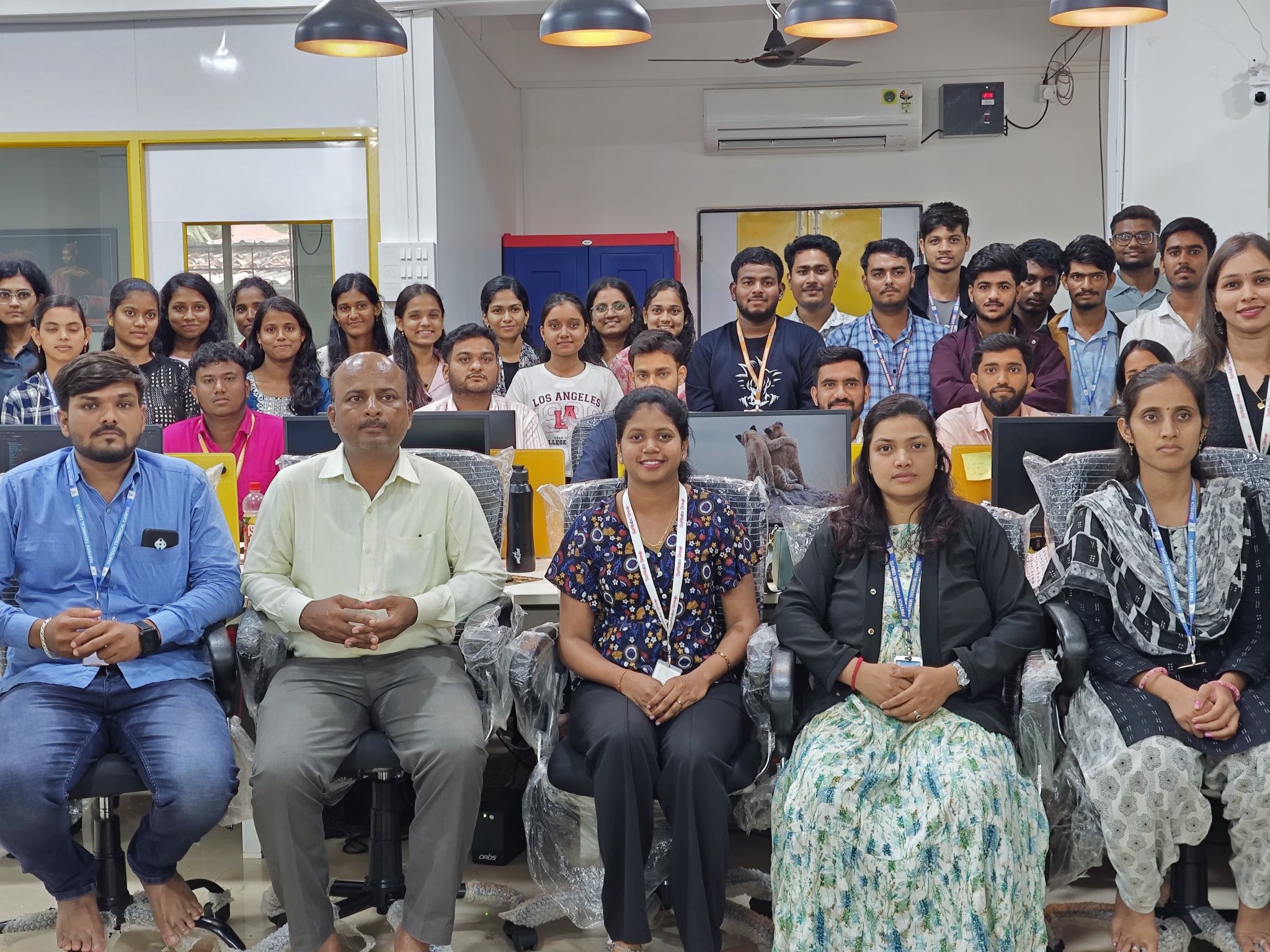Meta’s AI Achieves 80% Accuracy in Decoding Language from Brain Signals

🧠 Meta’s AI Can Decode Language from the Brain No Surgery Required
For years, researchers have sought ways to bridge the gap between thoughts and communication, particularly for individuals who have lost the ability to speak. Now, Meta’s Fundamental AI Research (FAIR) lab, in collaboration with the Basque Center on Cognition, Brain, and Language (BCBL), has achieved a groundbreaking AI milestone:
💡 An AI model that decodes sentences from brain activity with up to 80% accuracy using non-invasive brain scans.
Unlike previous brain-computer interfaces that required invasive surgery, this AI model successfully translates brain signals into words using non-invasive techniques like Magnetoencephalography (MEG) and Electroencephalography (EEG).
🔹 What this means: A future where thoughts can be translated into text without requiring surgery or implants.
📌 Watch Meta’s AI in Action:
🔬 How Meta’s AI Deciphers Language from Brain Activity
For this study, 35 healthy participants at BCBL were asked to type sentences while their brain activity was recorded using MEG and EEG devices.
🔹 Key Results:
✔ Up to 80% accuracy in decoding characters from MEG brain signals
✔ At least twice as accurate as traditional EEG-based brainwave decoding
✔ Successfully reconstructs entire sentences from brain activity
This breakthrough opens the door for non-invasive brain-computer interfaces (BCIs) that could restore communication for individuals with conditions like ALS, stroke, or locked-in syndrome.
🗣️ How AI Helps Us Understand the Brain’s Language Processing
Beyond decoding speech, Meta’s AI also reveals how the brain translates thoughts into words.
🔹 Key Insights from the Study:
✔ The brain first forms a high-level meaning before breaking it into words and motor actions
✔ AI can pinpoint the exact moment thoughts become words, syllables, and keystrokes
✔ The brain chains multiple word representations together, keeping them active over time
Understanding these processes brings us one step closer to building Advanced Machine Intelligence (AMI) AI systems that mirror human cognition and reasoning.
🌍 Meta’s Commitment to Open-Source AI for Scientific Progress
Meta isn’t just making breakthroughs it’s sharing AI advancements with the world.
📢 Meta has donated $2.2 million to the Rothschild Foundation Hospital to support further brain-language research.
💡 Recent AI-Powered Health Innovations by Meta:
✔ BrightHeart (France) – Uses Meta’s DINOv2 AI to help detect congenital heart defects in fetal ultrasounds
✔ Virgo (USA) – Uses DINOv2 AI for endoscopy video analysis, achieving state-of-the-art performance
By making AI models open-source, Meta is empowering researchers worldwide to build AI-driven solutions in healthcare, neuroscience, and beyond.
🚀 What’s Next? The Future of AI-Powered Brain-Computer Interfaces
While Meta’s AI language decoder is a breakthrough, there are still challenges ahead:
- Decoding performance needs improvement for real-world use
- MEG scans require magnetically shielded rooms, limiting accessibility
- Further research is needed to apply this to patients with brain injuries
Despite these challenges, this research marks a huge step toward brain-to-text communication potentially helping millions of people regain their ability to speak.
💡 Want to stay ahead in AI and neuroscience?
📌 Bookmark SoftlabsGroup.com for the latest AI breakthroughs! 🚀























